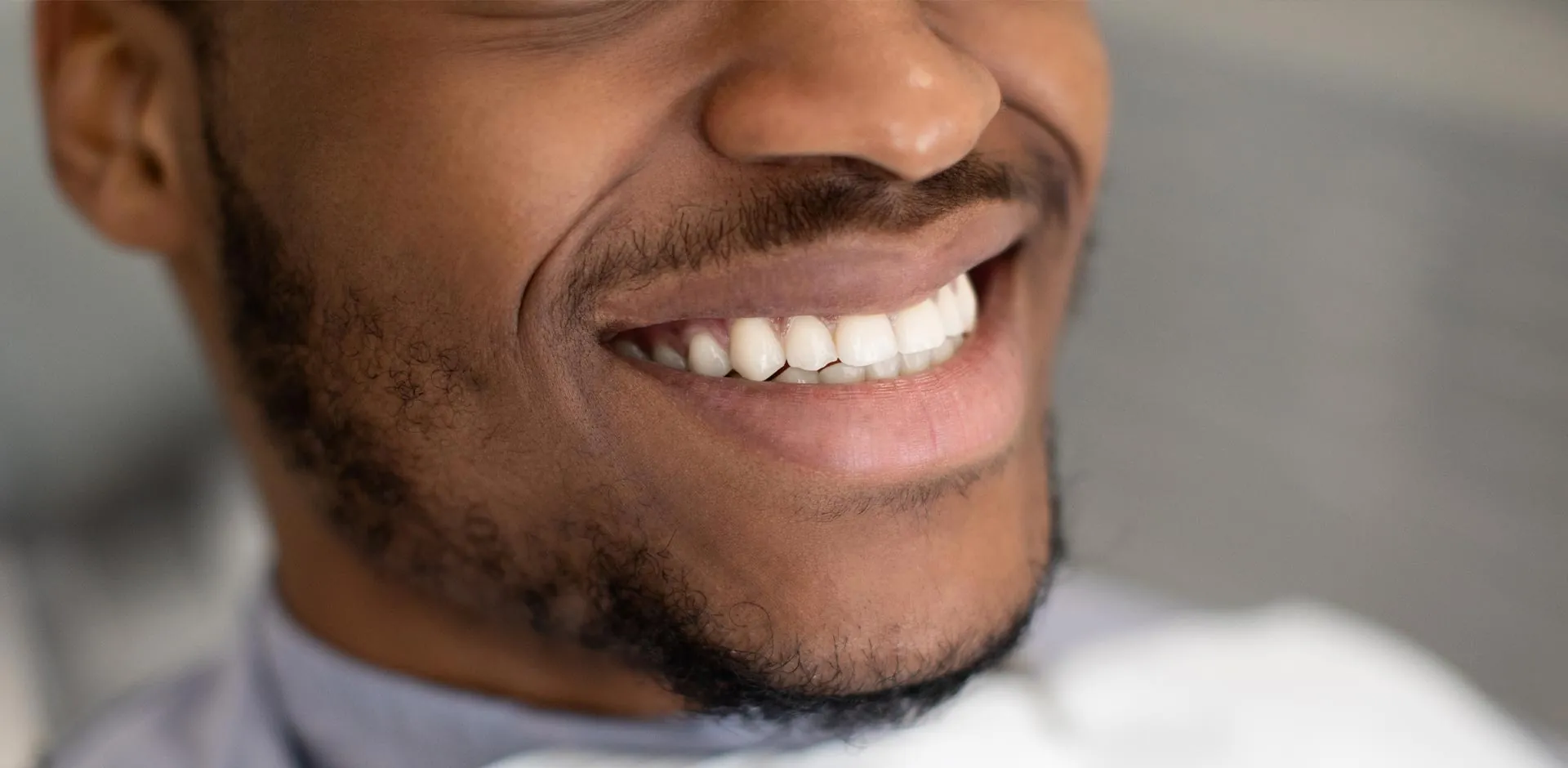WHAT OPTIONS DO I HAVE FOR IMPROVING MY SMILE?
There are a few ways you can improve your smile nowadays, such as teeth whitening, bleaching, dental crowns, braces and porcelain veneers. Before you decide to change the look of your smile, you should pay us a visit so that we can properly diagnose and evaluate your considerations and desires so that you can have the smile you have been dreaming of.
THE SPACES BETWEEN MY FRONT TEETH LOOK UNAESTHETIC. WHAT CAN YOU DO ABOUT THAT?
As we mentioned earlier, before deciding what we can do, we need to analyze and determine what caused your spaces to appear. Depending on your personal circumstances, we can present you with appropriate options. Ranging from braces to bonding, we are sure that we can find the option that best fits your needs.
WHAT IS INVISALIGN?
Invisalign utilizes a series of custom-made clear retainers to move a patient’s teeth. Also called “clear braces,” this form of orthodontic treatment is usually more expensive than fixed orthodontics. How does it work? Well, each retainer moves teeth a tiny amount until the patient is ready to progress to the next retainer. Invisalign is not recommended for kids, as it is designed for the adult who does not like the idea of traditional braces.
WHAT IS ROOT CANAL TREATMENT?
Root canal treatment involves making an opening in the top of the affected tooth and cleaning the diseased or dead nerve tissue from inside the root. It is a simple and very successful procedure, permitting the patient to keep his tooth that otherwise would have required extraction. After this procedure, a new filling or crown is required.
CAN I STILL GET CAVITIES IF I AM AN ADULT?
Yes you can! Cavities form when the bacteria in your mouth that feeds on the carbohydrates release acid capable of dissolving tooth structure. As you get older, cavities tend to form around old fillings or crowns. As long as you have teeth and eat carbohydrates, cavities can appear anytime.
I HAVE NOT BEEN TO THE DENTIST FOR A LONG TIME AND MY TEETH DO NOT HURT. SHOULDN’T THEY HURT IF THERE WAS A PROBLEM?
Cavities do not start to hurt until they are very large. You should consider paying us a visit for a comprehensive oral examination and dental radiographs (x-rays) so we can make sure there are no problems with your teeth and gum. You could develop problems that you did not know about and sometimes it could be too late to deal with them.
IS IT SAFE TO RECEIVE DENTAL TREATMENT IF I AM PREGNANT?
The oral health of pregnant women can affect the health of their babies, as doctors recently discovered. For more information contact our doctor.
WHEN DO BABY TEETH START FALLING?
When children are 5 or 6 years old, they start losing their baby teeth but timing varies from one child to the next. When the permanent tooth is ready to come in, baby teeth are often held in place only by a small amount of tissue and can fall off easily. If your child agrees and wants you to help him pull out a tooth, you should grasp it firmly and remove it with a quick twist, applying gentle pressure to the site with a clean washcloth to stop bleeding.
WHEN SHOULD MY CHILD FIRST VISIT A DENTIST?
As the American Academy of Pediatric Dentistry recommends, a child should have his first oral examination within 6 months of the eruption of their first tooth but no later than 1 year of age. It does seem a bit early for some, but many children already have dental decay by age 3.
MY CHILD IS 4 YEARS-OLD. SHOULD I BE FLOSSING HIS TEETH THIS EARLY?
Yes, flossing is important because it removes plaque and food particles that cannot be removed just by brushing. Flossing cleans the area between the teeth and below the gum line. When flossing your child’s teeth, be gentle with the movements and always remember to floss behind the last tooth.
ARE DENTAL X-RAYS REALLY NECESSARY FOR MY CHILD?
X-rays are a great way to detect much more than just cavities. We can learn more about erupting teeth, evaluate an injury that your child might have sustained, plan an orthodontic treatment or diagnose bone disease. Without x-rays, certain dental conditions can be missed and treatment might prove inefficient. So yes, x-rays are vital and necessary for your kid’s dental visit.
AT WHAT AGE IS IT SAFE TO BLEACH MY CHILD’S TEETH?
Full arch bleaching is not recommended until after eruption of all permanent teeth and should be done after orthodontics. You should seek medical advice before you decide you want this for your child. The dentist can determine the best option for a given situation.
